Medicine details
| Image |  |
| Name | Mirabeg |
| Dosage | Er Tablet |
| Generic Name | Mirabegron |
| Classes |
Antispasmodic Urinary Antispasmodic |
| Diseases |
Genito-Urinary Disease Leakage of Urine |
| Company | General Pharmaceuticals Ltd. |
Drug Package Details
| Strength | 25 mg |
| Storage Condition | |
| Origin Country | Bangladesh |
| Commercial Pack | 20 |
| Price per pack | ৳ 600.00 |
| Cost per pack | ৳ 528.00 |
| Package unit | 10 tabs strip |
| Price per unit | ৳ 30.00 |
| Cost per unit | ৳ 26.40 |
| Discount | 0 |
| Coupon | |
| Remarks |
Mirabegron
Mirabegron belongs to the class of drugs known as beta-3 adrenergic agonists. Its mechanism of action involves activation of beta-3 adrenergic receptors in the detrusor muscle of the bladder. This activation leads to relaxation of the bladder smooth muscle during the storage phase of the urinary cycle, increasing bladder capacity and reducing the frequency of involuntary detrusor muscle contractions. Mirabegron is indicated for the treatment of overactive bladder.
Mirabegron is indicated for the treatment of overactive bladder with symptoms of urge urinary incontinence, urgency, and frequency.
- The suggested initial dosage is 25 mg taken once daily, either independently or in conjunction with solifenacin succinate 5 mg, also administered once daily.
- Depending on individual effectiveness and tolerance, the dosage may be escalated to 50 mg once daily, either as a standalone treatment or paired with solifenacin succinate 5 mg once daily.
- Swallow the tablet whole with water, with or without food, and avoid chewing, dividing, or crushing it.
- For patients with severe renal impairment or moderate hepatic impairment, the maximum recommended dose is 25 mg of Mirabegron once daily.
- Mirabegron is not recommended for patients with end-stage renal disease (ESRD) or severe hepatic impairment.
Adverse reactions associated with mirabegron are listed from most common to least common:
- Hypertension
- Nasopharyngitis
- Urinary tract infection
- Headache
- Constipation
- Sinusitis
- Dry mouth
- Nausea
- Fatigue
- Hypertension: Mirabegron may cause an increase in blood pressure. Monitor blood pressure regularly and use with caution in patients with a history of hypertension.
- Urinary Retention: Use Mirabegron with caution in patients at risk for urinary retention, including those with bladder outlet obstruction or a history of urinary retention.
- Angioedema: Cases of angioedema, including swelling of the lips, face, tongue, and throat, have been reported. Discontinue Mirabegron if angioedema occurs.
- Increased Heart Rate: Mirabegron may increase heart rate. Use with caution in patients with cardiovascular conditions and monitor for increases in heart rate.
- Myocardial Ischemia: Use with caution in patients with known cardiovascular disease, especially those with unstable angina, myocardial infarction, or arrhythmias.
- Liver Enzyme Elevations: Monitor liver function in patients with hepatic impairment, and discontinue Mirabegron if significant elevations in liver enzymes occur.
Contraindication
Mirabegron is contraindicated in individuals with hypersensitivity to Mirabegron or any component of the formulation.
None known.
Mirabegron is contraindicated in individuals with-
- Severe uncontrolled hypertension.
- Severe hepatic impairment (Child-Pugh Class C).
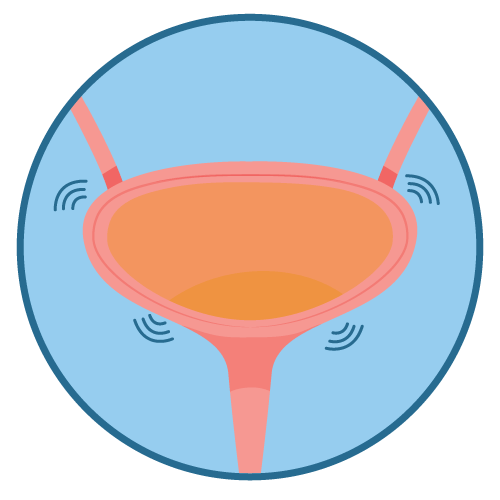
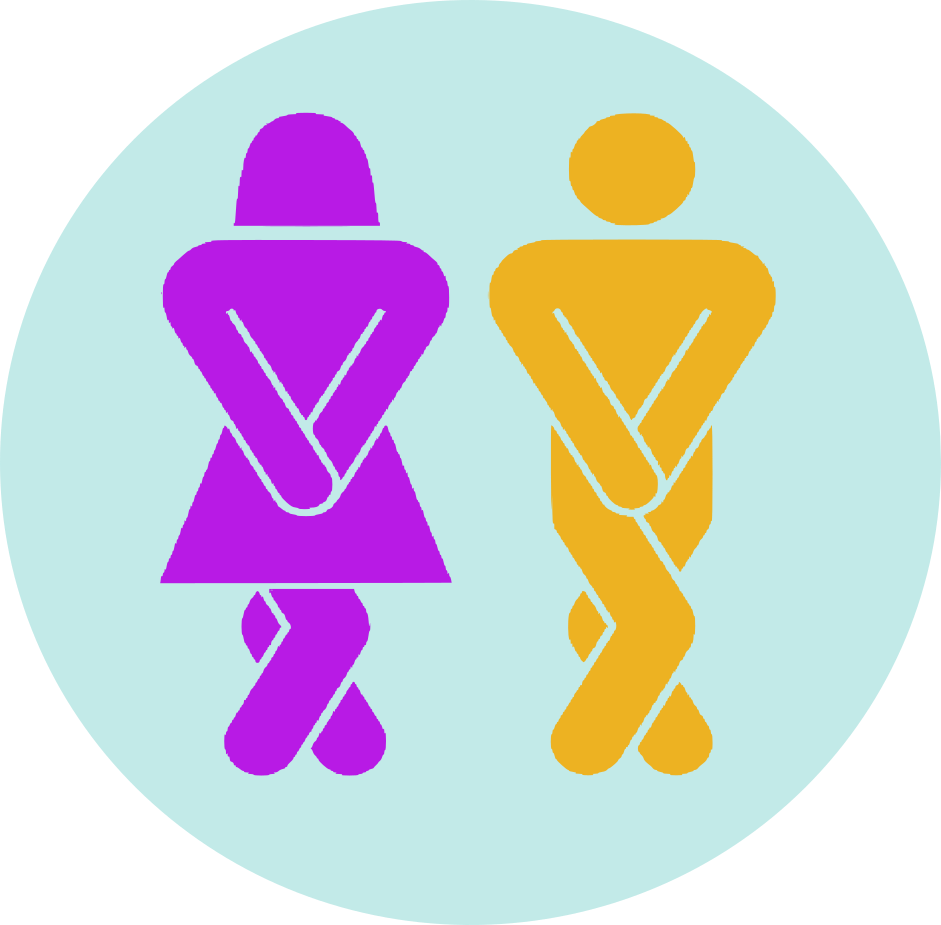


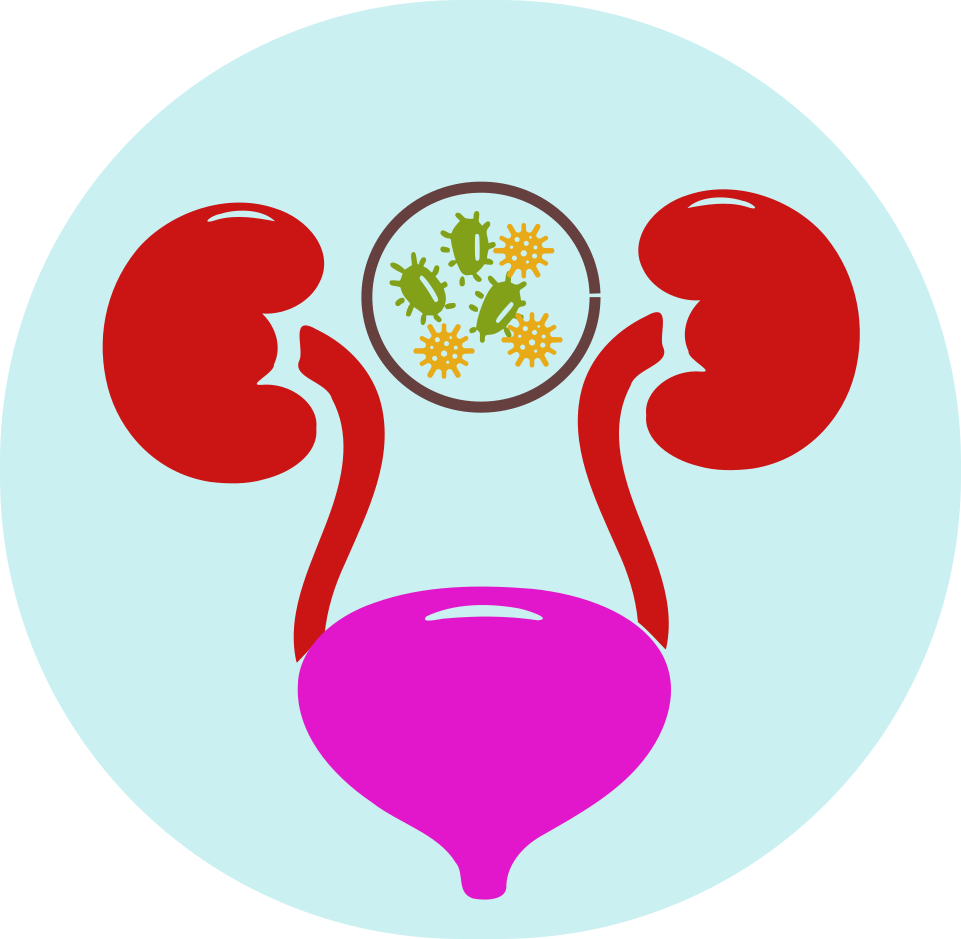

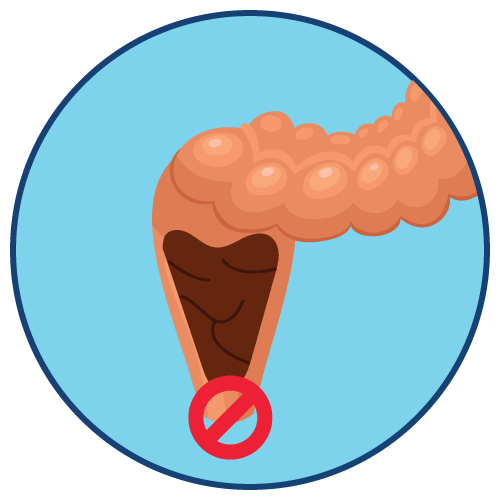
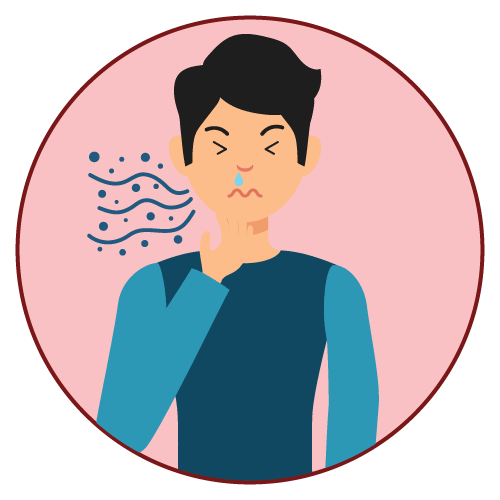

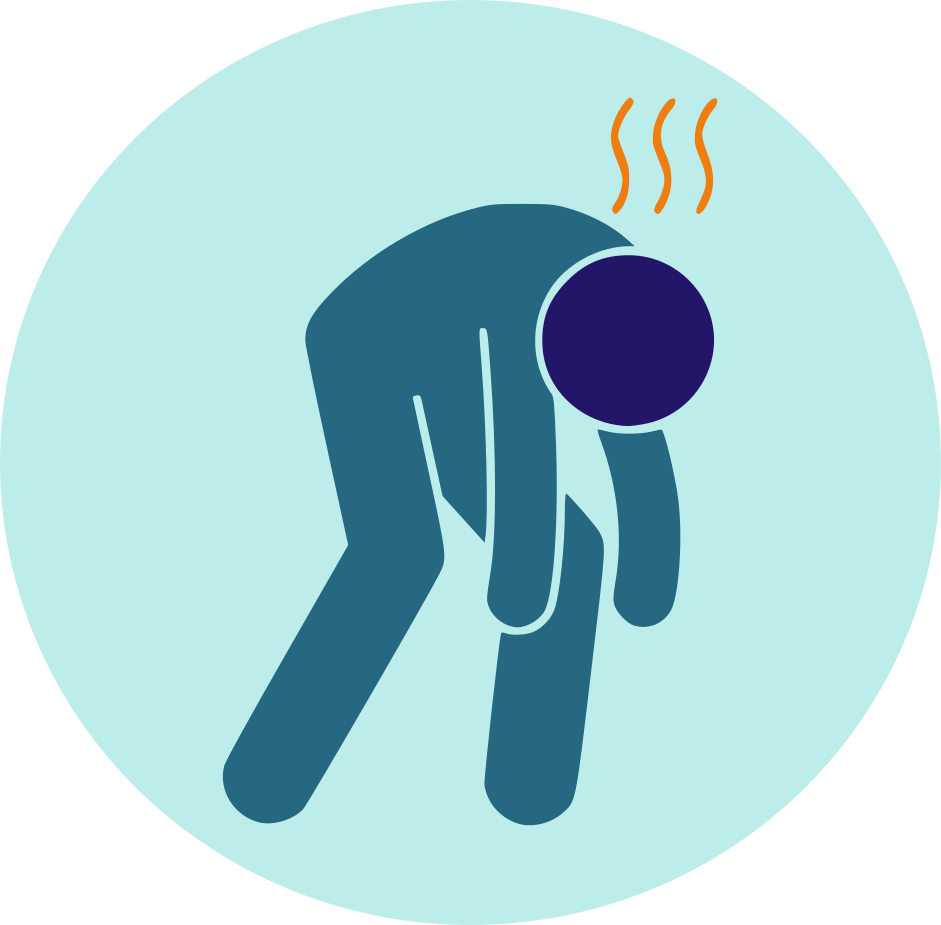
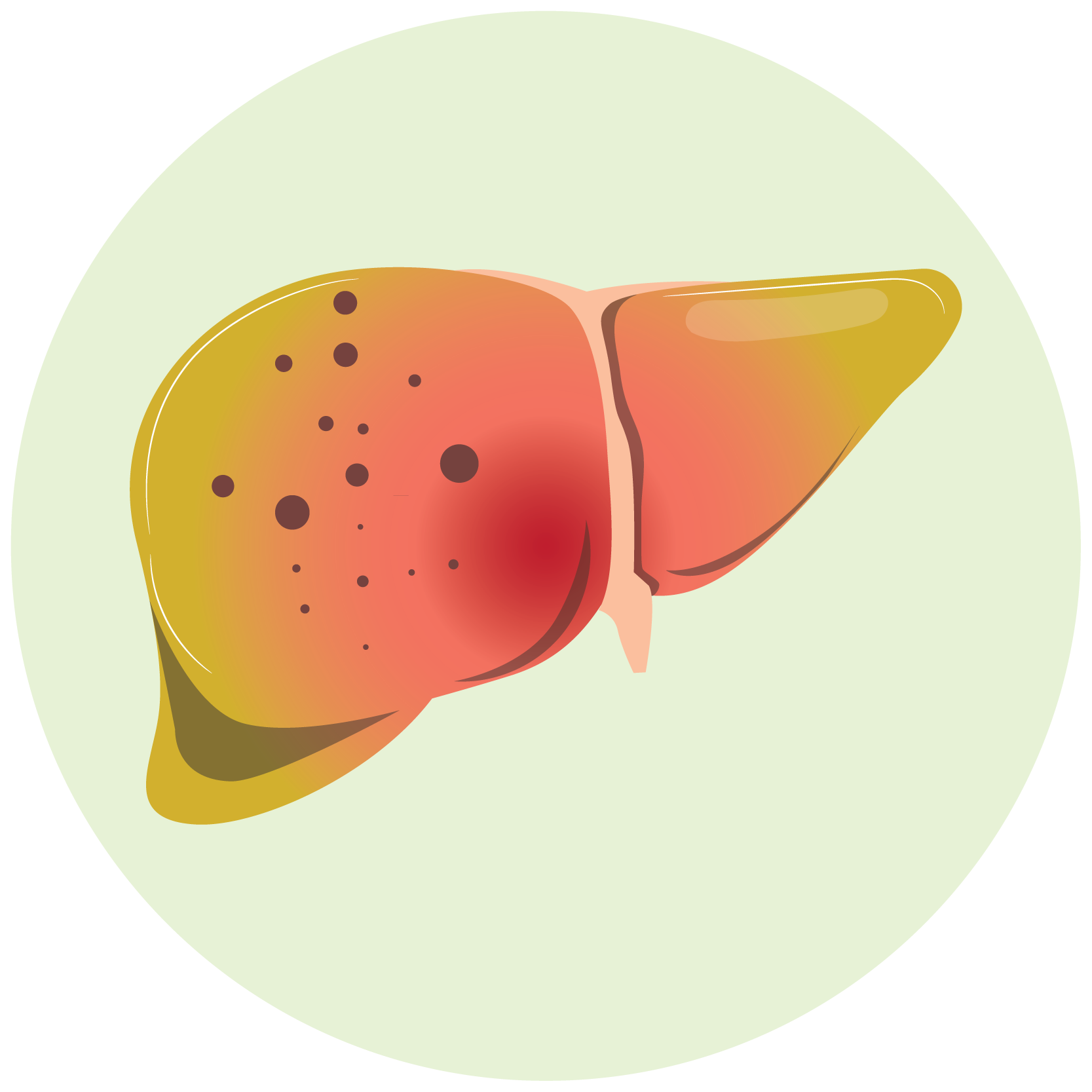
 Bangla
Bangla English
English